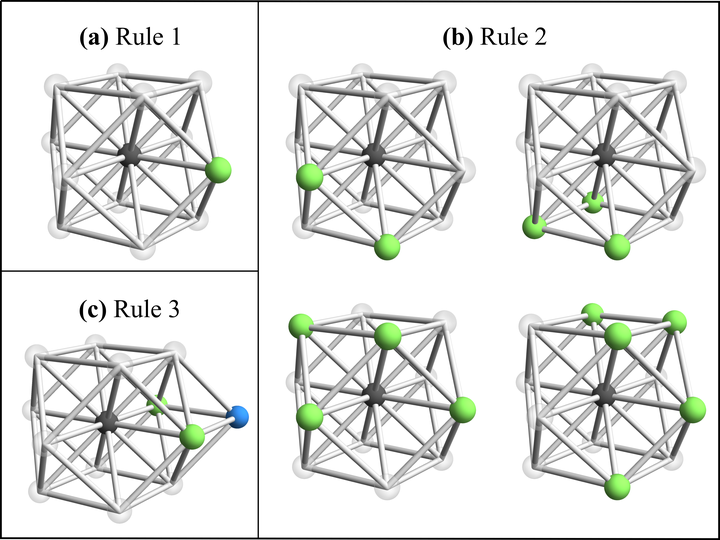Invited Paper: Asynchronous Deterministic Leader Election in Three-Dimensional Programmable Matter

Abstract
Over three decades of scientific endeavors to realize programmable matter, a substance that can change its physical properties based on user input or responses to its environment, there have been many advances in both the engineering of modular robotic systems and the corresponding algorithmic theory of collective behavior. However, while the design of modular robots routinely addresses the challenges of realistic three-dimensional (3D) space, algorithmic theory remains largely focused on 2D abstractions such as planes and planar graphs. In this work, we formalize the 3D geometric space variant for the canonical amoebot model of programmable matter, using the face-centered cubic (FCC) lattice to represent space and define local spatial orientations. We then give a distributed algorithm for leader election in connected, contractible 2D or 3D geometric amoebot systems that deterministically elects exactly one leader in $\mathcal{O}(n)$ rounds under an unfair sequential adversary, where $n$ is the number of amoebots in the system. We then demonstrate how this algorithm can be transformed using the concurrency control framework for amoebot algorithms (DISC 2021) to obtain the first known amoebot algorithm, both in 2D and 3D space, to solve leader election under an unfair asynchronous adversary.